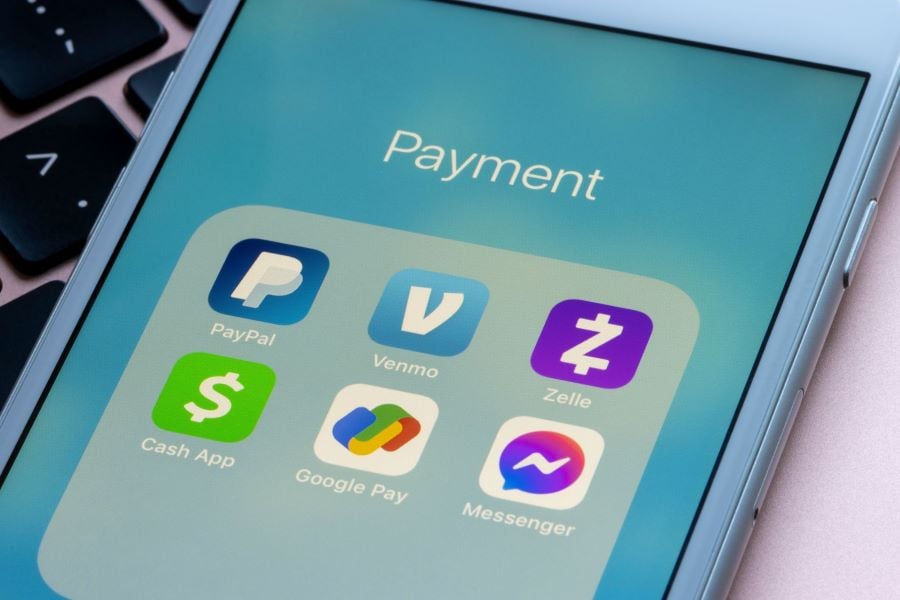Popular digital payments network Zelle has been linked to a high-profile fraud involving the building of swimming pools recently. The precise intricacies of the scam will be revealed in this article, along with information on how customers may safeguard themselves against fraudulent actions and how digital payment systems are vulnerable.
Early Warning Services is a privately held financial services firm that owns the digital payments network Zelle, situated in the United States. It was introduced in 2017 and is a useful tool for speedy transactions since it allows for instantaneous financial transfers across several U.S. banks. Unfortunately, fraudsters have also turned it into a target because of how convenient and simple it is to use.
A clever scheme known as the Zelle pool scam targets homeowners who want to build pools. Con artists impersonating reputable pool installation businesses lure clients in with alluring offers and demand upfront payments using Zelle. Nevertheless, the phony business disappears as soon as the money is received, leaving the clients empty-handed and without a pool.
Numerous victims from all throughout the nation have recounted their experiences with the fraud, providing insight into the criminals' methods. John Doe, a Florida man whose identity has been altered for privacy, is one such victim who paid a $30,000 advance for a pool construction that never happened. Like many others, he paid via Zelle after being drawn in by an offer that seemed too good to be true, only to discover afterwards that he had been duped.
The swindle has a complicated role for Zelle. The payment platform is not fraudulent in and of itself, but con artists may easily take advantage of its design. The primary selling point of Zelle—the rapid transfer feature—also implies that once money is transmitted, it's gone. It is almost hard for victims to get their money back since, unlike credit card transactions, there are no protections or ways to reverse the transaction.
Bank responses have been inconsistent. A few have warned about Zelle frauds, including Wells Fargo. Many victims, meanwhile, believe that the banks have not gone far enough in stopping these frauds or helping them get their money back.
Customers can take certain measures to protect themselves from these scams. You should be wary of deals that seem too good to be true, cautious about making any large upfront payments, and avoid making any advance payments wherever possible. You should only use Zelle, or any other digital payment system, to transmit money to people or businesses you know and trust.
The Zelle pool fraud calls into question the future of digital payment systems and draws attention to their weaknesses. It's probable that con artists will continue to target these sites as their popularity grows. This emphasizes how important it is to have strong security protocols and educate consumers in order to guarantee the safety of using digital payments.
Zelle has denounced the fraud and declared that it actively seeks to identify and stop fraudulent conduct. The business underlined its dedication to teaching customers how to utilize its platform safely. Many victims, meanwhile, believe Zelle should be doing more to safeguard its consumers and pay up to individuals who have fallen victim to fraud.
The Zelle pool fraud should serve as a reminder of the possible dangers associated with online payment methods .It is up to consumers to be aware of these dangers and to take steps to reduce them. Meanwhile, financial institutions that use Zelle are expected to take additional preventive steps against these frauds and provide assistance to people who have fallen victim.

 Five facts about electric vehicles in 2024
Five facts about electric vehicles in 2024
 5 elections to watch in 2025
5 elections to watch in 2025
 Transform the daily grind to make life more interesting – a philosopher shares 3 strategies to help you attain the good life
Transform the daily grind to make life more interesting – a philosopher shares 3 strategies to help you attain the good life
 From new commercial Moon landers to asteroid investigations, expect a slate of exciting space missions in 2025
From new commercial Moon landers to asteroid investigations, expect a slate of exciting space missions in 2025
 What if you could rank food by ‘healthiness’ as you shopped? Nutrient profiling systems use algorithms to simplify picking healthy groceries
What if you could rank food by ‘healthiness’ as you shopped? Nutrient profiling systems use algorithms to simplify picking healthy groceries
 Christmas shooting at Phoenix airport leaves 3 people wounded, 1 stabbed
Christmas shooting at Phoenix airport leaves 3 people wounded, 1 stabbed
 Simona Halep withdraws from Australian Open qualifying because of knee and shoulder pain
Simona Halep withdraws from Australian Open qualifying because of knee and shoulder pain
 Why this Mexican American woman played a vital role in the US sacramental peyote trade
Why this Mexican American woman played a vital role in the US sacramental peyote trade








